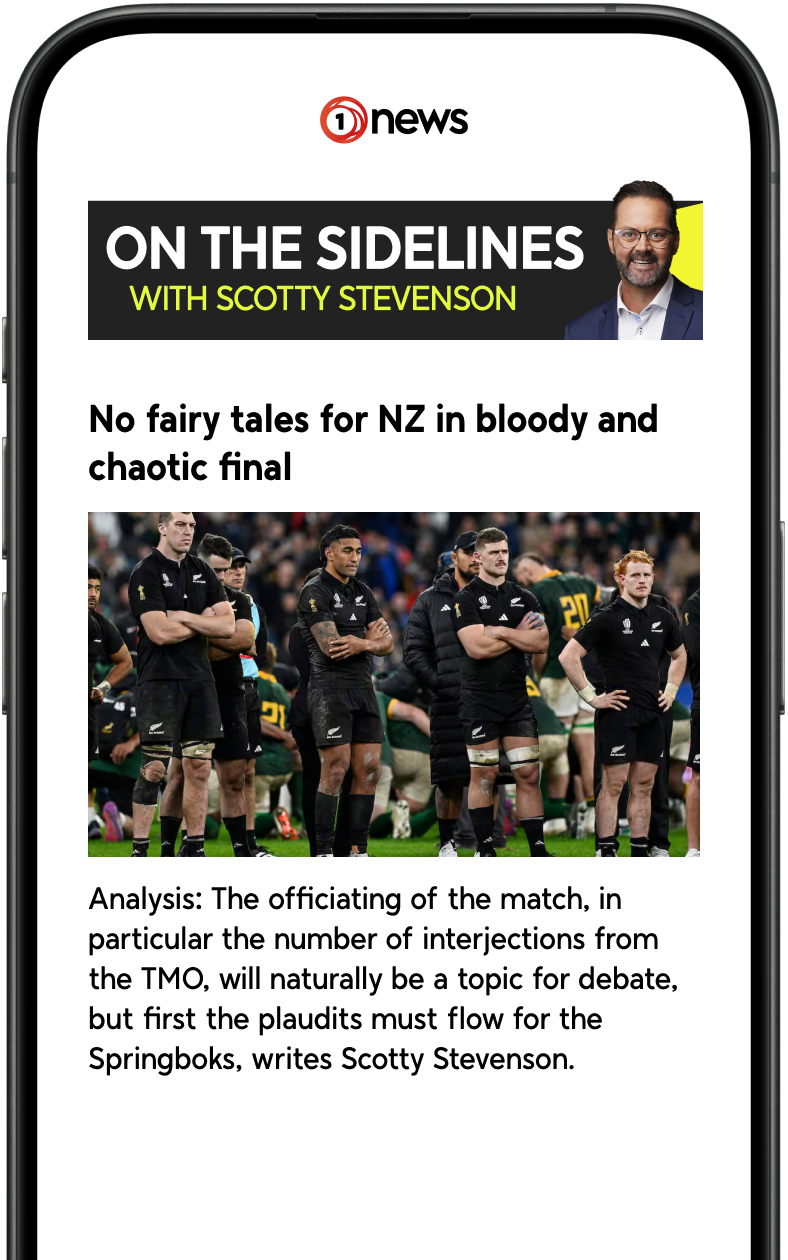New Zealand sailor Peter Burling has taken a stand for the world’s oceans by urging both the New Zealand Government and world leaders to urgently respond to the increasingly concerning state they are in.
Burling was a keynote speaker at the latest Ocean Race Summit this morning and used the platform to continue his push for environmental conservation and care. He spoke from New Zealand to the event in Genoa, Italy.
Asked what policies he’d introduce or change if put in front of either the United Nations or New Zealand Government, Burling said voices needed to be heard.
“I’d start off with telling them to listen to the science community. It’s incredibly clear the urgency of the issue and how close we are to the tipping point,” Burling said.
“In New Zealand we have proven that we can as a nation take decisive action against an issue – we have proven this through Covid – and I think it’s incredibly clear how many things we can do to resolve some of the issues that the ocean is facing.
“The most obvious one in New Zealand is marine protection areas. We were the first country to have a marine protection area and now we only protect 0.4 (per cent) of our ocean.
“We’ve got a massive ocean space and the science community is telling us we need to protect 30 per cent of it by 2030.
“My question would be: How do we achieve that and why aren’t we following the facts that the science community is laying out to us.”
The summit was set up by organisers of the around-the-world race both Burling and Olympic 49er partner Blair Tuke debuted in during the 2017-2018 event.
Today Burling was asked what his “oh my god moment” was in wanting to do more for the ocean.
“The thing that scared me most was what I didn’t see [during the Ocean Race],” Burling replied.
“We talked to people who had done the Ocean Race in the past, and not just the recent past but quite early days, and some of the recordings of [Sir Peter] Blake going around the world, and you are just expecting to see massive marine life … a lot of whale, a lot of albatross.
“I could count the amount of whales I saw when I was going around the world on one hand. I was scared by the lack of albatross, especially in the South Pacific. I didn’t really see any tuna jumping.
“Talking to people that have done the race, the change between now and then (the early editions of the race), has been absolutely incredible.
“We have this use of these sliding baselines – we look at something a year before and it doesn’t look different, but if you actually take a big step back and talk to people that were there 50 years ago, the difference to where we are now is pretty scary.
“It shows you how urgent the issue is. The ocean does so much for us - it creates so much of the oxygen [as much as 85 per cent], absorbs so much of the heat - and we really need to look after it.”
Burling’s passionate words came after he and Tuke set up their own environmental cause, Live Ocean, following their participation in the Ocean Race.
The pair hope to help save the oceans with Live Ocean.
“I got back to New Zealand and felt I really wanted to be part of a positive change. After a bit of research the more we got into it, the more we felt like we didn’t have a choice, we have to get into it straight away.
“Blair and I founded Live Ocean and our mission is protection and restoration and for New Zealanders to lead this issue to the world.
“It’s something we have been incredibly passionate about – protecting our playing field and how sport can connect people to environmental issues.
“It’s been a really amazing journey.”





















SHARE ME